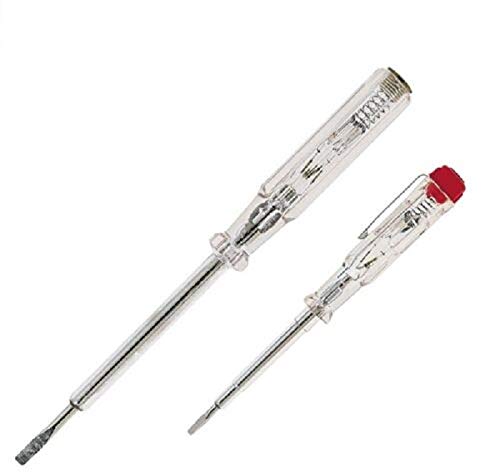Reasons For Electrical Periodic Inspection & Testing:
Whilst there is no legal requirement to have any routine domestic electrical checks or tests undertaken. BS7671, (IEE wiring Regulations), guidance Note 3, table 3.2 recommends inspection is carried out every 10 years or change of occupancy and results to be documented and retained for future reference
Additionally, BS7671, regulation 514.12.01; requires a durable notice to be at the origin of the installation, stating the date of last inspection and the recommended date for next inspection.
If it has been 10 or more years since any previous inspection or new work certificate was issued, the installation may now be due for an inspection. This can be carried out by any suitably competent electrical contractor.
DANGERS:
Electrical installations deteriorate with age, usage and environmental factors. In normal use, heat generated along cables and though equipment causes insulation to become brittle and perish. Switches, connections and joints can work loose or have poor contact. Knocks, bumps, vibration, damp, heat, condensation, humidity, defective DIY work, overloading of circuits and equipment, can all increase the potential risks of fire or electric shock. Hazards are increased in bathrooms, kitchens, garages, workshops or external wiring etc..
PROCEDURE:
Formal procedures for inspection and testing are given in Part 6 of BS7671 and its associated Guidance note 3, these checks include:-
































































